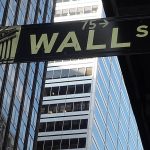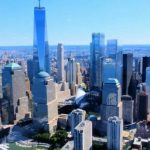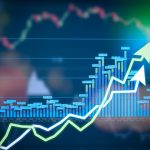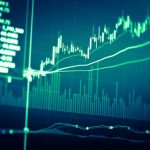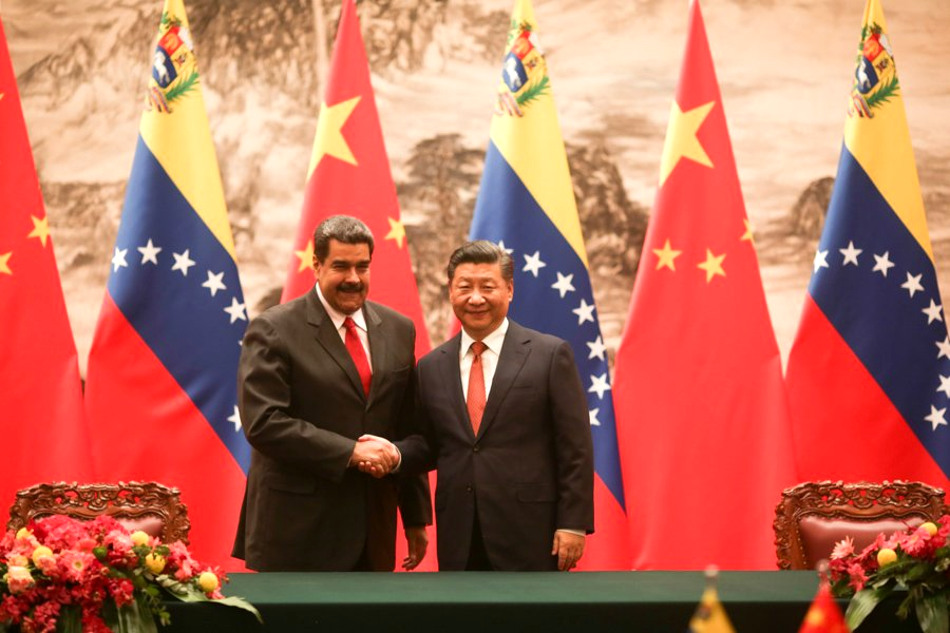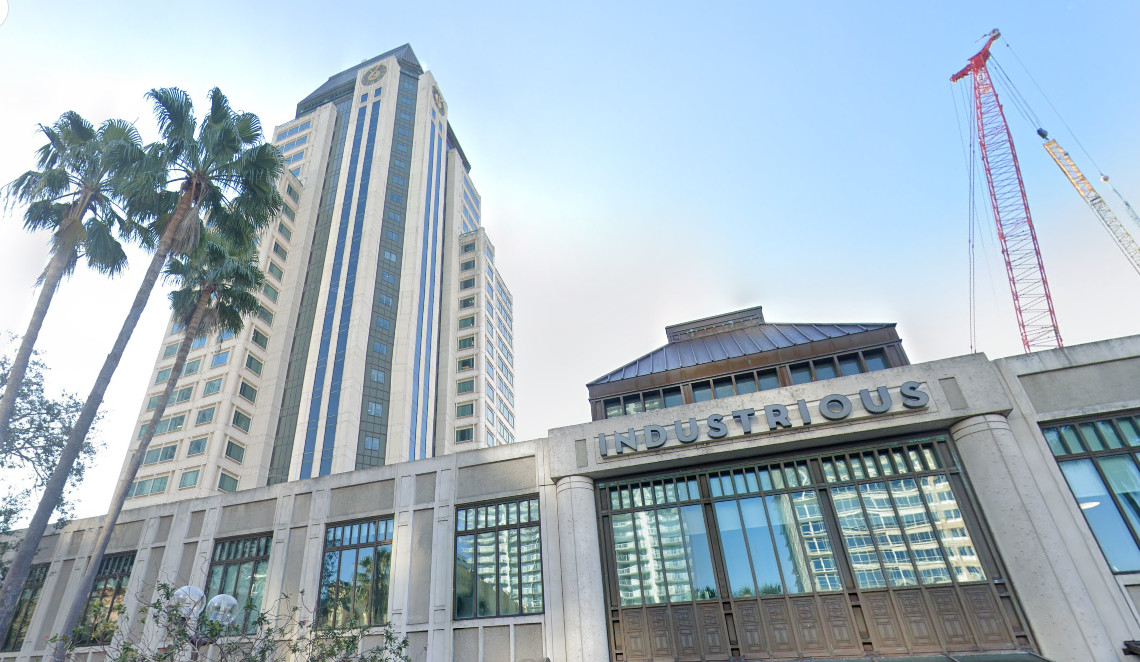Caracas, Venezuela (ViaNews) – Starting in August, the Venezuelan economy was in such difficult situation that its bank notes were illegally exported to Colombia, where they were reportedly bought by four times its face value. With these bank notes, Colombians were able to buy Venezuelan gasoline and other goods, much cheaper than their own. Hence, in Venezuela, there was a total shortage of foods, medicine, and bank notes.
To cope with this situation, the Venezuelan Government tried several ideas that ended up becoming the Venezuelan Economic Recovery Plan. This plan was designed by the Economic Vice-President Tareck El Aissami´s team, to begin on August 20, 2018.
The Venezuelan Economic Recovery Plan
Almost 4 weeks after having announced this revolutionary new paradigm to heal the Venezuelan wounds, Venezuelan President Nicolás Maduro left for Beijing.
Behind, he left the new Bolivar Soberano (Sovereign Bolivar, Bs.S) bank notes valued 100.000 times more than the old currency to cope with induced hyperinflation, as a consequence of the alleged economic warfare against Venezuela.
The convertibility of Sovereign Bolivars into hard currency is since then freely allowed for the first time in 15 years.
The national oil reserves are backing the Venezuelan crypto asset, the Petro.
The Venezuelan Central Bank (BCV) issues “mini ingots”, gold certificates broadly available in small denominations of 1,5 and 2,5 grams, which can be easily bought and sold at Bs. S 350,20 and Bs. S 583,70.
The minimum wage is established in Bs.S 1.800, increasing it 33 times from previous value, and a list of 50 “concerted maximum price” goods have been accorded with the industry.
The gasoline price would be increased from near US$ 0.02 per gallon to maybe $2.50 or $3.- in order to stop the smuggling to Colombia, and Venezuelan citizens would be directly subsidized by a complicated but tampering proof electronic system that requires the fingerprint of registered drivers to allow the gasoline to be delivered and paid for at subsidized price. Foreigners or non registered drivers will have to pay international prices.
Renewed Venezuelan-Chinese relations
In Beijing, President Maduro was received by the President of the People’s Republic of China, Xi Jinping, with honors and to sign 28 new agreements, extending the strategic friendship between the two nations.
China will buy one million oil barrels daily and will invest in Venezuelan gold production. An extra 5 billion dollars credit was granted.
Venezuela will become part of the 1.3 trillion US Dollars investment project, known as the “New Silk Road”, which will embrace the world with roads, railways, pipelines, power grids, and oceanic routes, channels, and ports.
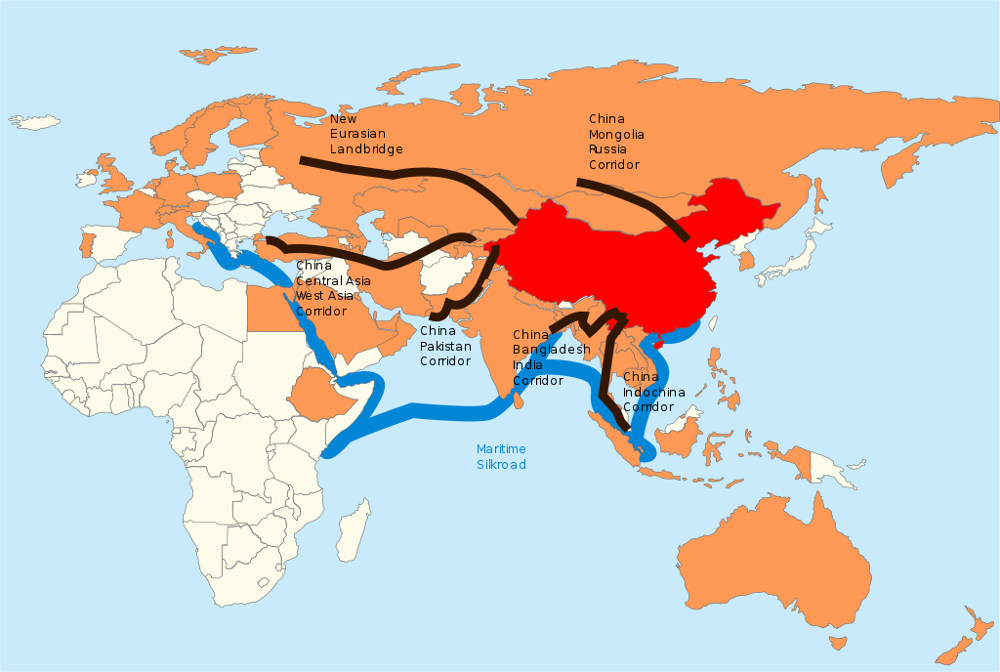
#CEOFANB Arca de la Paz zarpa rumbo a nuevos destinos para llevar la verdadera cooperación a los pueblos del mundo. Todo un éxito otra fase operacional combinada exponiendo los alcances de la Defensa Integral de la Nación. Buen Viento y Buena Mar! Hermanos de China!! Gracias!!! pic.twitter.com/XEIEf2A7fo
— CEOFANB (@ceofanb) September 29, 2018
After the Hospital ship of the Chinese government left Venezuela, the The Operational Strategic Command of the Venezuelan Armed Forces tweeted: “Ark of Peace sets sail for new destinations to bring true cooperation to the peoples of the world. All a success another operational phase combined exposing the scope of the Comprehensive Defense of the Nation. Good Wind and Good Sea! Brothers of China !! Thank you !!!”
Both countries agreed to sign the building and placing in orbit of the second Venezuelan communications satellite.
China will provide all medical equipment and drugs needed for the Venezuelan population.
Recibimos en nuestra amada Patria al Buque Hospital de la Armada China, el “Arca de la Paz”, con el objetivo de iniciar una Operación Estratégica Combinada Integral entre ambos países. pic.twitter.com/4WUjCTQgHY
— Nicolás Maduro (@NicolasMaduro) September 22, 2018
“We receive in our beloved Homeland the Hospital Ship of the Chinese Navy, the “Ark of Peace”, with the aim of initiating a Comprehensive Combined Strategic Operation between both countries,” said Nicolás Maduro, in a tweet, when referring to the Hospital Ship of the Chinese Navy in its mission to help Venezuela. In the photo it can be seen the HE PING FANG ZHOU (Ark of Peace) ship being escorted by the Venezuelan Oceanic Patrol Ship PO13 YEKUANA and K8W (made in China) fighter planes.
A branch of the China Center for Economic Research (CCER) of The State Council of the People’s Republic of China, will operate from Caracas and cultural interchange agreements were extended for the next four years.
New agreements for technical and specialized education were established.
Venezuela today
When Mr. Maduro returned from China, most of the agreed prices had been increased, or the products were unavailable. Thirty-four managers of supermarket chains were under trial for unauthorized price increases.
The price of the US Dollar was rather stabilized. Today, inflation continues even when calculated in hard currencies.
Mr. Maduro departed again to New York, where he addressed his speech to the UN General Assembly.
He emphasized there that most Venezuelan problems were due to the permanent aggression of the US Government in economic, diplomatic, mediatic, and political grounds. He said he would consider talking with President Trump because talks should be sustained between people with different viewpoints.
Mr. Trump was also quoted saying that “Venezuela is a mess which shall be cleaned” but he also said he might sit to talk with Mr. Maduro.
When Mr. Maduro returned from New York, the economic situation begun to change. Almost all the gasoline stations, especially those near the borders, are already using the “Biopago” ( a fingerprint-based paying system). The Venezuelan bank notes, have lost their value for Colombians and are paid only 1.5 its face value, against the 4 times value they had some 30 days ago.
The Army is patrolling all the “green tracks” through which gasoline and other goods were smuggled.
Although inflation is not yet stabilized, observers feel the problem is being transferred to the Colombian eastern regions, which will stop receiving smuggled Venezuelan cheap gasoline and goods, potentially causing unrest and riots as a response.

